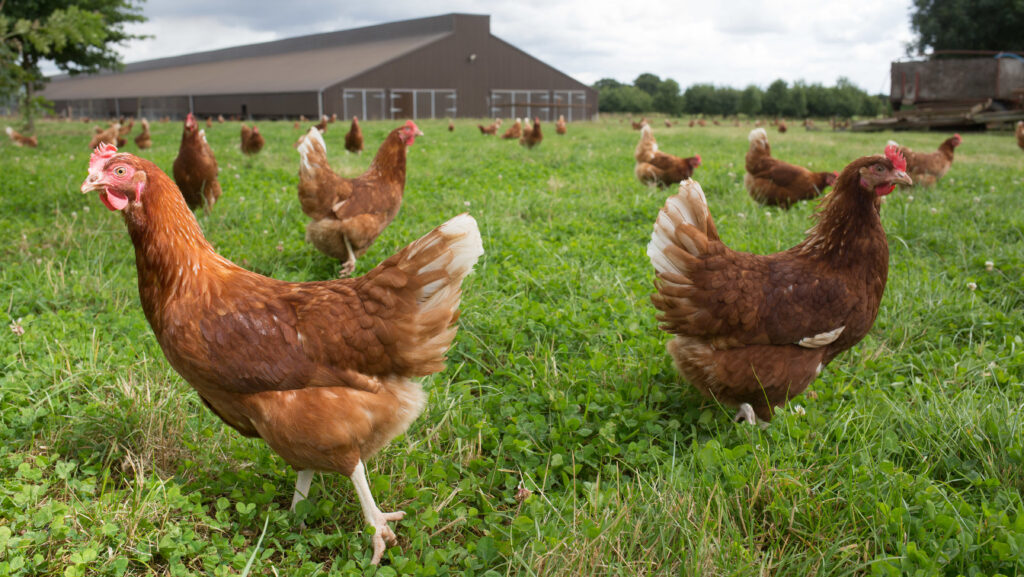Grants of up to £500,000 offered for better hen housing
 © Tim Scrivener
© Tim Scrivener Grants of up to £500,000 for upgrading layer hen and pullet housing, and up to £100,000 for attaching verandas to existing sheds, are coming soon as Defra continues to reallocate money collected via cuts to the Basic Payment Scheme in England.
The £22m scheme, which was co-designed with the industry, forms part of the government’s Animal Health and Welfare Pathway and was announced at this week’s Farm to Fork Summit in Downing Street.
See also: Defra pledges £3m fund for small abattoirs in England
A Defra spokesman said: “There is a direct link between the health and welfare of livestock and a farmer’s bottom line, and we know that ageing housing can make a bad situation worse.
“Many farmers tell us that they want to update their housing, but struggle to find the funds.”
Two-part scheme
The scheme is divided into two parts.
A “comprehensive project” will provide grants of between £15,000 and £500,000 towards the cost of refurbishing or replacing existing laying hen and pullet housing. This will cover up to 40% of the projected total cost.
“This is an opportunity to enhance how flocks are housed, with features designed to deliver excellent levels of health and welfare; fixed bio-secure, multi-tier housing with non-flicker LED lighting and mechanical ventilation,” said Defra.
The grant will be available to farmers with any current housing system and will support anyone looking to make the transition from colony cages to high-welfare loose-housing.
The smaller “veranda-only project” will pay between £5,000 and £100,000 towards the cost of installing a new veranda on an existing building.
“The additional space offered by a veranda can help improve welfare issues, for example, feather pecking,” said Defra.
“Verandas can also reduce crowding within indoor housing, increase range use, and provide access to fresh air and natural light when range access is not possible.”
What next?
Applications for the grants are expected to open next month. To be eligible, producers must have more than 1,000 birds under their care.
The “comprehensive grants” will be offered on a competitive basis, so producers will need to demonstrate things such as higher animal welfare, biosecurity, sustainability and innovation.
An online checker is expected to be open at the end of June, which producers will be able to use to check the strength of their project and make an initial online application.
Grants for “veranda-only projects” will be awarded on a “first-come, first-served” basis.
The grant schemes cannot be used to directly fund flock expansion by increasing stocking capacity.
Reaction
Egg sector representatives have given an enthusiastic response to the new infrastructure grants, which follow an earlier but smaller grant scheme for welfare-related equipment.
British Egg Industry Council chief executive Gary Ford said: “We welcome anything that can help improve the health and welfare of our laying hens, and this scheme, which has been co-designed with industry, will do just that.
“Traditionally, the poultry sector has not had much in the way of grants, and those we have had have focused on production, which can distort the market.
“These are aimed at heath and welfare, which in turn will help raise productivity.”
Direction of travel
Mr Ford agreed that, with policymakers, retailers and assurance bodies all looking for ways to raise welfare standards, the new grants chimed with the direction of travel in the egg sector.
The RSPCA, for example, is keen to make verandas compulsory to achieve RSPCA Assured accreditation.
And last month, the Scottish government launched a consultation which included plans to phase out cage-egg production by 2034.
While Defra said it currently had no similar plans, it was happy to “support producers to transition away from confinement systems”.
